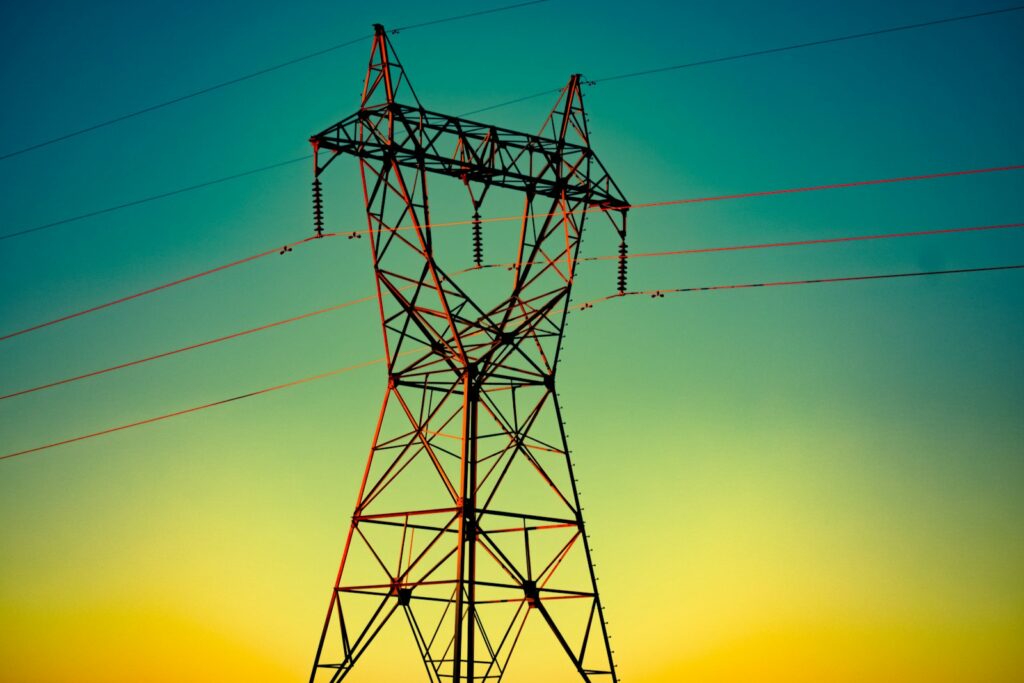A coalition of 36 central banks and regulators has warned the financial sector that it must become greener to withstand the financial risks posed by climate change.
The Network for Greening the Financial System (NGFS), which includes the Bank of England and the World Bank, said that the sector must play a role in spurring economies to achieve the aims of the Paris Agreement as it published its first comprehensive report earlier this week.
In its report, the network has urged financiers and policymakers to act to make the global economy more resilient to environmental and climate-related risks.
Frank Elderson, chairman of the NGFS, said: ‘The financial risks we face through climate change are analytically difficult, unprecedented and yet very urgent.
‘By issuing these recommendations, the NGFS members demonstrate collective leadership which will result in action to foster a greener financial system across countries and continents.’
The NGFS’ 12-page report recommends that central banks, supervisors and financial institutions integrate climate-related risks into their financial stability monitoring, as well as lead by example by focusing their investment portfolios on low-carbon assets.
The document further advises banks to bridge data ‘gaps’ by publicly sharing data relevant to climate risk assessments, while sharing best practice and knowledge relating to green finance.
To encourage a shift amongst banks, the NGFS has also told policy-makers to implement frameworks that contribute to the transition to a green, low-carbon economy, and to set clear requirements for climate-related financial disclosure.
Elderson added: ‘As long as the temperatures and sea levels continue to rise and with them the climate-related financial risks, central banks, supervisors and financial institutions will continue to raise the bar to address these risks and to green the financial system.’
The NGFS was founded in December 2017 and is convened by Banque de France, while Elderson is a board member of De Nederlandsche Bank.
Covering five continents, the network represents almost a third (31%) of the world’s population and accounts for almost 44% of global GDP as well as half of global greenhouse gas emissions.
Its members include the Bank of England, the People’s Bank of China, the World Bank and the European Central Bank.
There have been calls for the UK to remain part of the European Investment Bank post-Brexit to ensure the UK’s continued investment in green infrastructure.
The UK’s own investment in clean energy fell to its lowest in ten years in 2018, while the UK is set to miss its fourth and fifth Carbon Budgets.
















